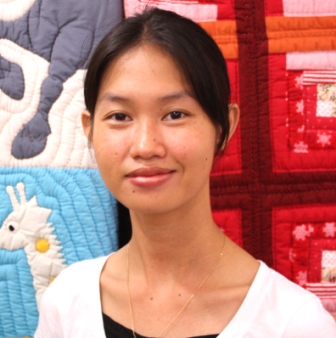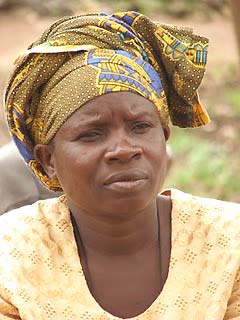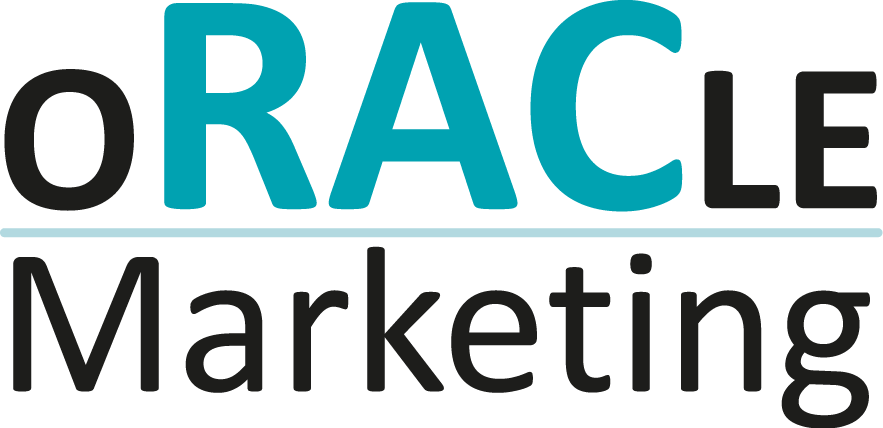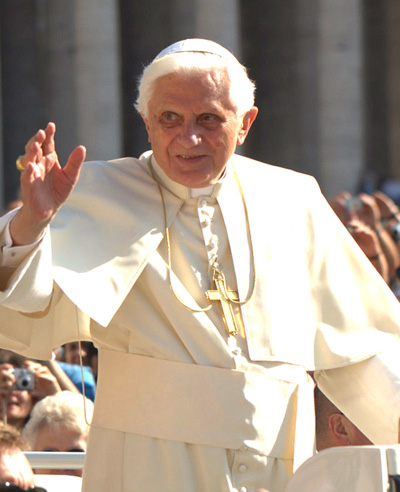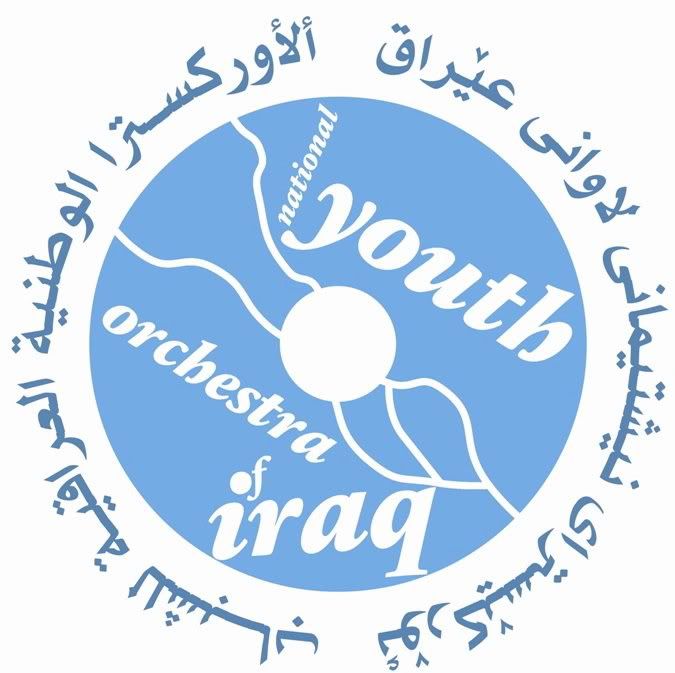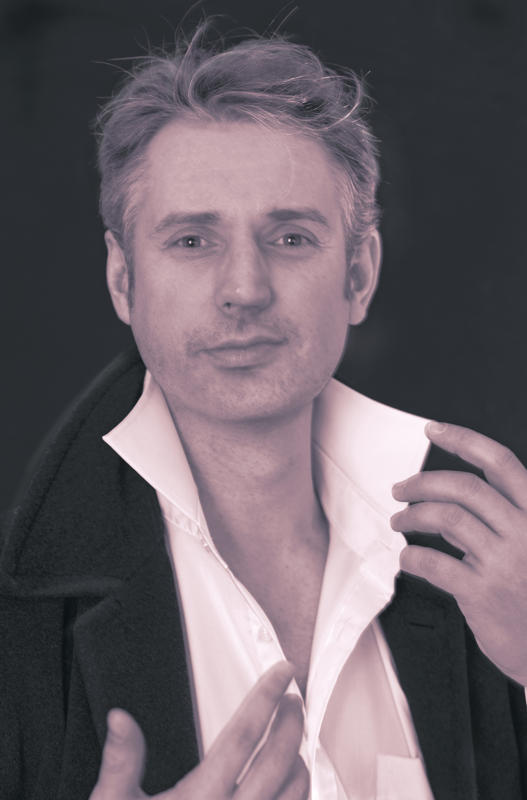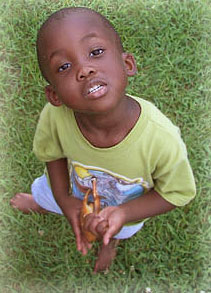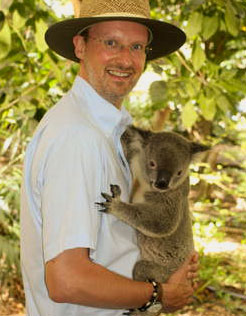
absolutely down-under
Like my last show, episode 151 also comes to you from Australia. You can listen to how I get woken up by exotic birds outside my bedroom window every morning because I thought I should record my introduction at this time of the day to share this experience with you because this has become my regular Australian alarm clock. As I live just metres from the national park I assumed they must have some kind of noisy monkeys in that park but then I discovered, it was birds, such as cockatoos, kookaburras, and some very colourful small parrots that I cannot identify. After a month in the country I finally manage to sleep through this incredible noise, and if I didn’t, I would have to get up at 4:30 every morning when this dubious concert starts. This week my class and tutorial at the University of the Sunshine Coast will not take place because of Australia Day 2012, a national public holiday. So I started asking people what this national day is all about and I received many, but sometimes contradictory answers because while this day is meant to promote and celebrate national unity it seems that every year it is accompanied by the criticism that instead of promoting multiculturalism this day commemorates the 26 January 1788 the arrival of the First Fleet at Sydney Cove where English settlers put up their flag. So opponents tend to call it “Invasion Day” and propose to change the national public holiday to another date. Let me share with you what some Australians told me about Australia Day. (If you want to find out more about Australian Identity you may want to revisit Anne’s show 76 on “mateship” and if you want to check out what my own life in Australia sounds like, check out my own last show 149.
absolutely diverse
I would like to introduce you to my neighbours here in Australia. Simone and Leonardo from Switzerland. Their background is so multicultural that it would perhaps be difficult for them to be nationalistic. I got interested when I noticed that mother and son were using several different languages even between them during an ordinary day.
Believe me I was very confused I when I saw Simone and Leonardo for the first time. From where I was sitting I thought I could distinctly hear about five or six people talking in three different languages but when I looked up I could see only two and had to realize that these two were actually using all three languages between them.
absolutely nationalistic
Australia Day is an opportunity to celebrate what is best about Australia including vegimite, BBQs, and cricket but some people are also critical of the fact that the image which is projected on this day is a very “white perspective” where the indigenous people do not really play an important role. I took my microphone into the classrooms to find out what it means to be Australian and what the day actually celebrates. Let us first listen to Mark from England and Meredith and Josh who are Australians. I also asked three international students what they knew about Australia Day and whether they could draw parallels to national or patriotic celebrations and movements in their own countries. I talked to Daniel from Sweden, Martin from the Netherlands and Clement from France.
absolutely barbie
My mate Len shares with me the secrets of the most Australian of all institutions which no Australia Day can do without. The BBQ or the “Barbie”. I had never thought about the unifying factors of this very male-dominated cooking experience. It is true that every house I have seen so far had a fixed BBQ and there are even public BBQ places in every scenic spot on the coast so that families can have an outdoor experience and bring their own food and drink.
Our next show will be coming to you from Anne Fox in Denmark on 2 March
Until then –
Bleiben Sie absolut interkulturell!
The host of this show is: Dr. Laurent Borgmann
![]() Download
Download



